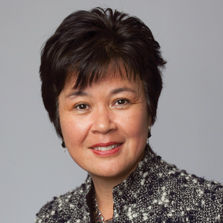
Following an eight-week trial last year, an 11-member jury
concluded that Sabre's distribution contract provisions—as applied to US
Airways' 2011 contract, at least—"unreasonably restrained trade." The
jury also concluded the airline plaintiff did not bring sufficient evidence to
show Sabre colluded with competing global distribution systems.
Judges are inherently influential in such proceedings: They
approve or deny motions that advance or toss claims; they decide which evidence
is admissible; and they dictate the rules of the road on which plaintiffs,
defendants and juries must drive.
This year, U.S. District Judge Lorna Schofield added several
key decisions to the years-long antitrust case. In March, she affirmed the jury's
verdict, denying Sabre's bid to overturn it or retry the contract claim it lost.
Sabre has insisted it has operated within the bounds of law. In an appeal filed
this year, it further contested the judgment. American Airlines, too, has
appealed aspects of the case. That higher court review continues.
This year, Schofield also denied a bid by American, which
merged with US Airways and continued the case after it was filed in 2011, to
elaborate on the scope of the verdict so that it would further clarify the
rights of airlines when faced with contract terms similar or identical to those
the jury found unlawful. Airlines joining that failed request included Air
Canada, Alaska Airlines, JetBlue Airways, Lufthansa Group and United.
To several industry watchers, the resolution of the case in
the district court augured incremental, though not big bang, changes in
distribution. At the very least, it provided new leverage for airlines
negotiating GDS deals. As one airline lawyer commented after the trial: "Having
a jury determine that the provisions in that contract were illegal obviously
raises very serious implications for Sabre if they want to continue to insist
on them in contracts."